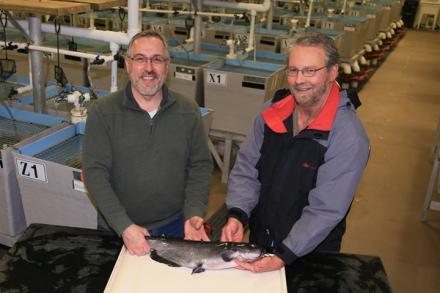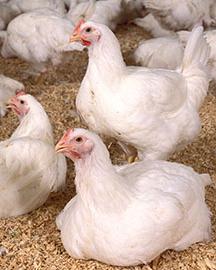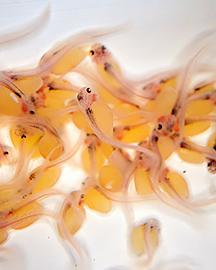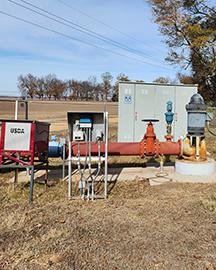Breeding A Mightier Catfish for Fish Farmers

Catfish is the largest aquaculture industry in the U.S. The industry creates many jobs and contributes about $2 billion annually to southern states’ economies, but U.S. catfish farmers need lower production costs to be competitive in the global seafood market. A catfish’s growth rate and meat yield are two very important factors in determining profitability of catfish farming.
ARS researchers from the Warmwater Aquaculture Research Unit (WARU) in Stoneville recently released the Delta Select channel catfish, a line of catfish bred to have superior growth and meat yield. Delta Select catfish have about 50% faster growth and 1.25% better meat yield than other catfish tested. Based on catfish farmers’ requests, 175,000 fingerling Delta Selects were released to 10 catfish hatcheries in 2024, and the release of an additional 300,000 Delta Select fingerlings is planned for spring 2025. Researchers at WARU and collaborators at other ARS laboratories and universities are currently evaluating the potential to improve disease resistance and meat quality in the Delta Select catfish line.
Publication:
###







